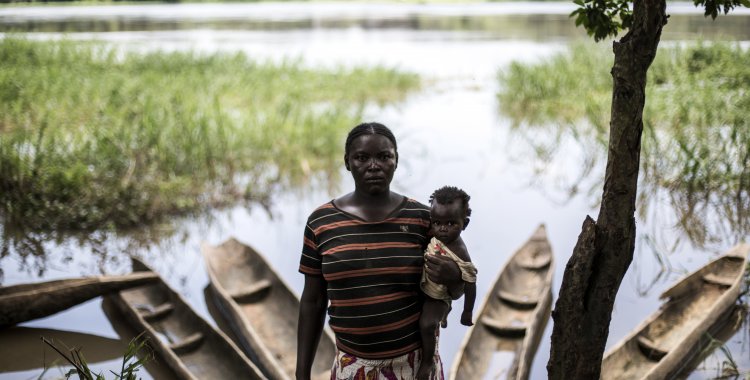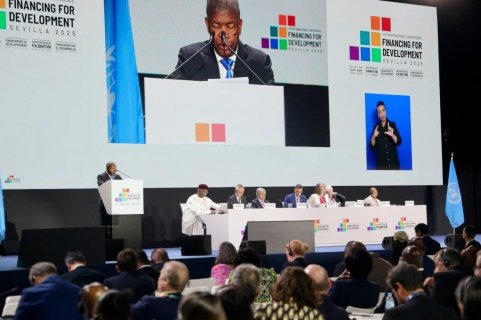According to a statement from the Jesuit Refugee Service (JRS), sent to Lusa, refugees and asylum seekers from those three countries in Angola have not yet ended their statutes and continue to enjoy the inherent rights offered by other national institutions and international standards.
On Tuesday, the former general coordinator of refugees in Angola, Mussenguele Kopel asked for clarification on the situation of nationals of these countries, who, according to him, "would have ceased" their refugee status and said that more than 140 families lack of food assistance to survive, in the confinement period due to the covid-19 disease.
At the time, Mussenguele Kopel made statements to Lusa identifying himself as the general coordinator of refugees in Angola, which was later denied by the Jesuit Refugee Service.
The international non-governmental organization, assigned to the Catholic Church, which has been working in Angola since 1996, notes that Mussenguele Kopel "is no longer the representative of refugees in Angola since December 2019, with Mr. Babanjai being the new legal coordinator in light of an electoral election ".
Regarding food assistance to refugees, JRS stresses that, following the state of emergency, with the financing of the United Nations High Commissioner for Refugees (UNHCR), it started a "biweekly distribution campaign" of basic food baskets refugees and asylum seekers.
The basic baskets "are distributed from house to house to 215 families", refugees and asylum seekers, selected by coordinators from various communities, making 1047 beneficiaries.
As for medical assistance to refugees and asylum seekers with chronic illnesses, the Jesuit Refugee Service says it has recruited four nurses and a doctor who "assist community members and also Angolan citizens".
Regarding statistics, he stresses, there is a work in progress between the Angolan Government and UNHCR for the registration of refugees in Angola, so "we are waiting for the completion of this very important work".







